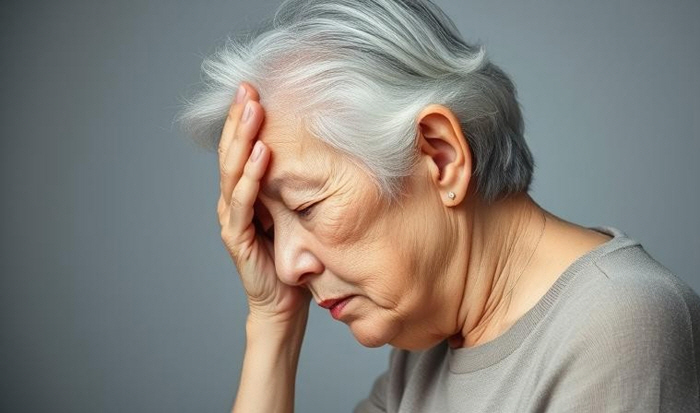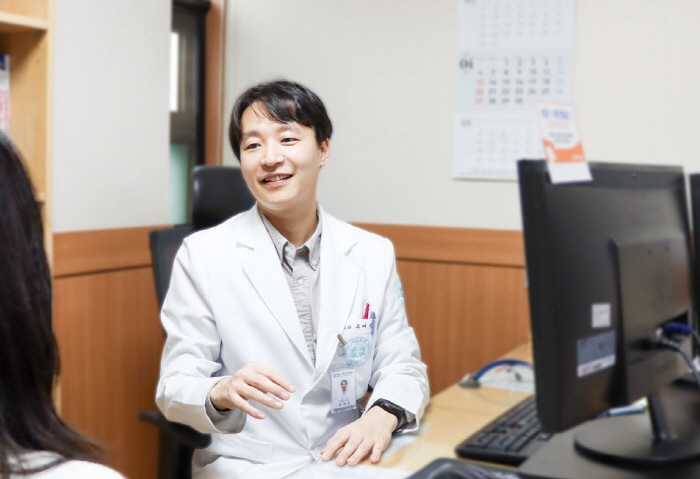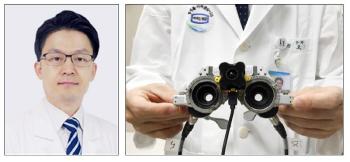My parents said they felt dizzy and sleepy after eating, it was because of this
May 29, 2025
|
When hypotension occurs after meals, dizziness and dizziness, blurring in front of the eyes, drowsiness and fatigue appear. Blood sugar spike', which has recently attracted attention, also causes symptoms such as drowsiness, fatigue, decreased concentration, and headache after eating. However, since postprandial hypotension is a blood pressure problem and blood sugar spike is a blood sugar problem, the mechanism and treatment are different even if the symptoms are the same.
When we eat, a lot of blood flow to the intestines for digestion. At this time, the body must control heart rate increase and vasoconstriction to maintain blood pressure. Usually, young people have enough ability to prepare blood even if the amount of blood going to other organs decreases, so blood pressure is maintained at a similar level to usual after meals.
However, the elderly, people with autonomic nervous system abnormalities (Parkinson's disease, diabetic autonomic neuropathy patients), etc., may experience an excessive decrease in blood pressure due to this control function. Blood flows to the intestines, but the heart rate does not increase properly and blood vessels do not contract sufficiently to maintain blood pressure. Excessive blood pressure drop may occur if blood pressure drugs are taken in this state. Especially when taking blood pressure medication before breakfast, postprandial hypotension is more pronounced.
In internal medicine, systemic problems such as the digestive system, cardiovascular system, and endocrine system of patients with postprandial hypotension are first examined, and blood pressure control, diabetes, and heart problems are evaluated. In particular, △If you have recently started taking or are taking blood pressure medication, △If you have a history of diabetes, high blood pressure, or heart disease, △If you are elderly and dizziness is repeated in relation to meals, you should visit an internal medicine first.
Postprandial hypotension often worsens symptoms after a high-carb meal. Therefore, you should eat often in small amounts and avoid high-carb meals. If you eat a lot at once or eat a carbohydrate-oriented meal, your blood pressure can drop more easily. In addition, you should not lie down immediately after eating, and you should control your moisture and salt.
"Sudden dizziness caused by postprandial hypotension in the elderly increases the risk of falling or hitting your head, and you become reluctant to engage in postprandial activities to avoid dizziness, which can lead to reduced physical activity," explained Yoo Jin, head of the Department of Internal Medicine at Ceran Hospital.
Manager Yoo should inform the medical staff if he experiences dizziness and fatigue after eating, or if symptoms start after changing the blood pressure medication or increasing the dose"Older people often have difficulty controlling blood pressure after eating due to their weak ability to control blood pressure." It is also helpful to change eating habits, so it is better to reduce the amount of meals and share them frequently.
|
This article was translated by Naver AI translator.















